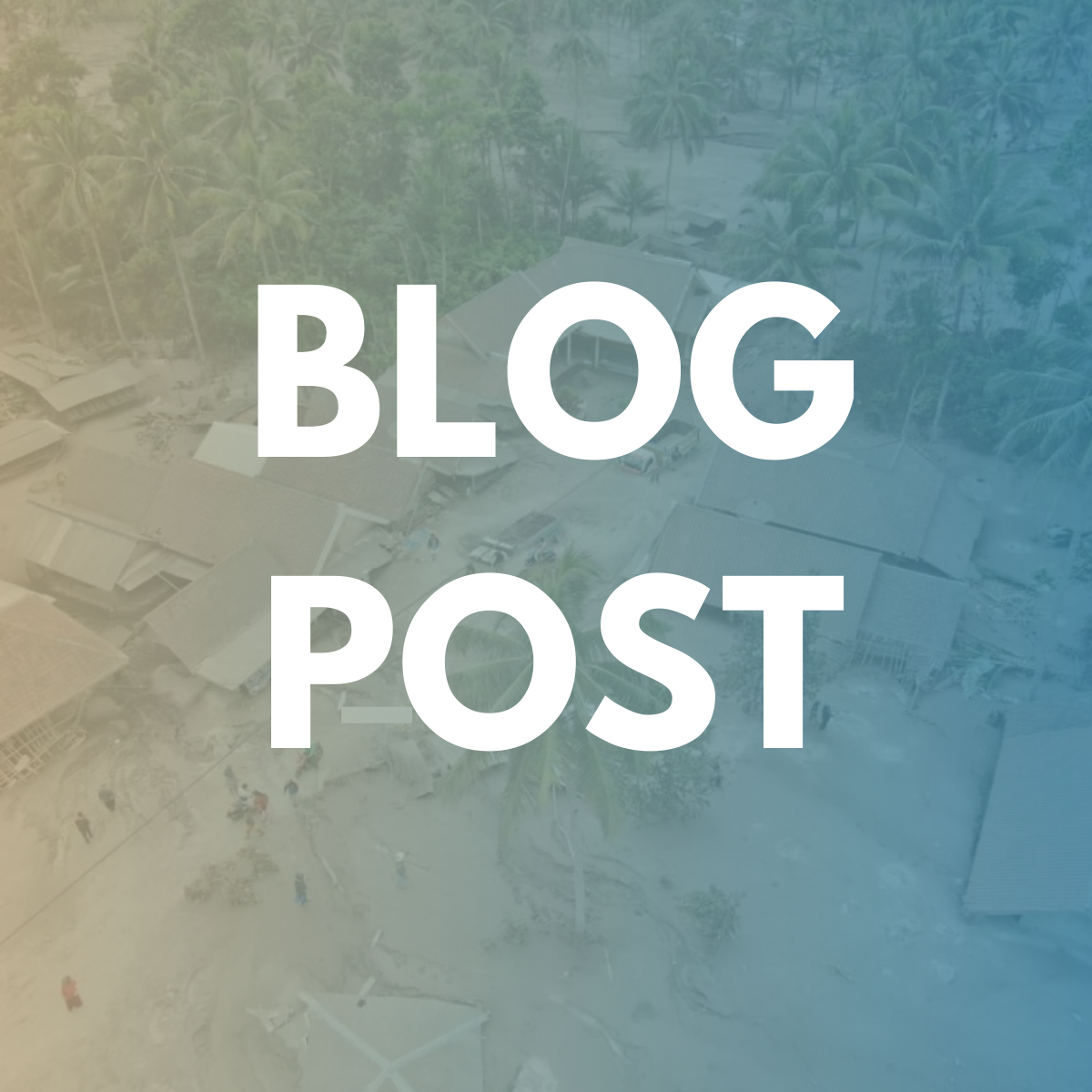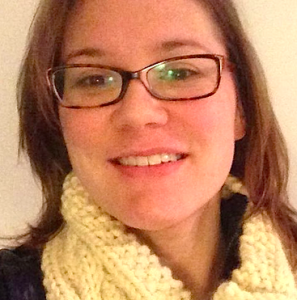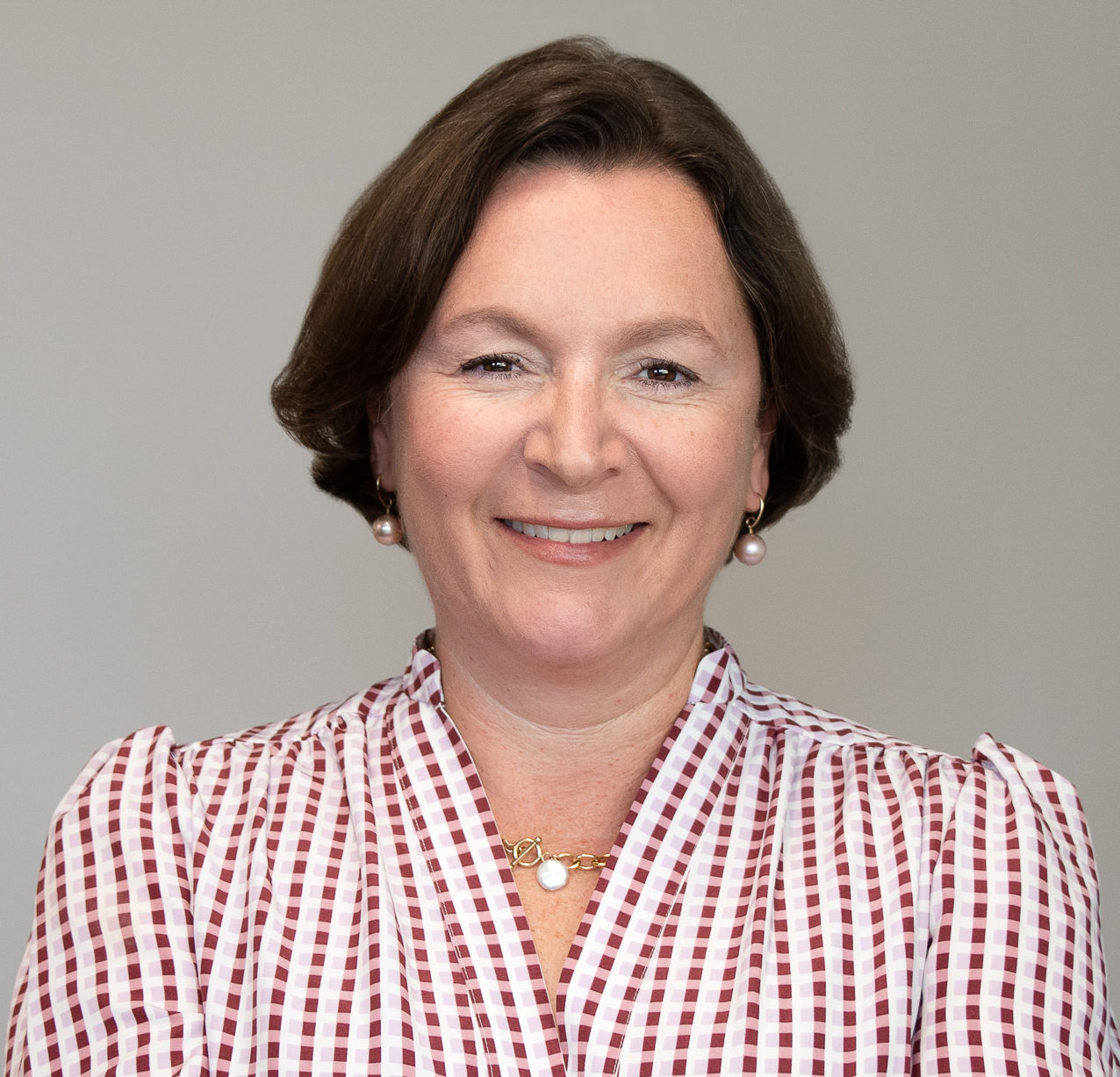Helping Strengthen Communities Through Competition, Partnerships and Collaborations
As parts of our country face extreme cold and snow while others are still recovering from last summer’s floods, fires and tornadoes, we are constantly reminded the immediate effects natural disasters can have on our communities. In addition, rebuilding efforts on the Gulf Coast and in Haiti demonstrate that it can take years and even […]

As parts of our country face extreme cold and snow while others are still recovering from last summer’s floods, fires and tornadoes, we are constantly reminded the immediate effects natural disasters can have on our communities. In addition, rebuilding efforts on the Gulf Coast and in Haiti demonstrate that it can take years and even decades to fully recover from such events.
To help communities to become more resilient in the wake of disasters, the U.S. Department of Housing and Urban Development (HUD) has launched the National Disaster Resilience Competition (NDRC). The competition will support innovative resilience projects at a local level while encouraging communities to adopt policy changes and activities that plan for the impacts of extreme weather and climate change and rebuild affected areas to be better prepared for the future.
Eligible applicants include states with counties that experienced a Presidentially Declared Major Disaster in 2011, 2012, or 2013. Applications must address unmet needs as well as vulnerabilities to future extreme events, stresses, threats, hazards, or other shocks in the areas that were most impacted by the declared disaster. The Rockefeller Foundation is partnering with HUD by sponsoring the National Capacity Building Initiative to support eligible applicants. According to the Rockefeller Foundation:
“The Foundation’s goal for this initiative is not only to provide technical assistance and capacity building in support of developing NDRC projects, but also to grow resilience planning capacity in leaders and governments across the country to help communities better understand innovation, broad commitment, and multi-faced approach that is required to build a more resilient future.”
As part of the initiative, Rockefeller hosted a series of regional Resilience Academies where leading experts presented the latest information on resilience best practices; offered guidance on how to integrate resilience into future planning, investments, and actions; and provided attendees with an opportunity to workshop their proposals with a group of experts and peers. Both of us were able to join academy sessions on behalf of the Center for Disaster Philanthropy and the Council on Foundations to help applicants think through how to engage foundations, philanthropists, and community organizations in their local efforts. During our presentations and communications with attendees, in particular we highlighted the money philanthropy contributes to the short and long-term efforts surrounding disasters and also emphasized the intellectual and social capital foundations and nonprofit organizations provide. We encouraged academy participants to connect and collaborate with the private philanthropic community in their region, for the dual purposes of strengthening their submission and, more so, more carefully addressing the needs of vulnerable populations in the specific regions.
Prior to attending the academies, applicants were asked to rank their top five shocks and stresses. The survey revealed shock and stresses outside of the natural disasters themselves. For example, the Midwest survey listed flood, tornado, and snow/blizzard alongside poverty/inequity, high unemployment, and affordable housing. Additionally, conversations at the academies often centered around vulnerable populations as disasters disproportionately affect these groups. The full list included a number of issues COF and CDP address through their daily work. The academies really drove home the idea that resiliency isn’t just about disasters. It’s about strengthening all aspects of our communities. It’s about the work all of us do day in and day out. It’s about working across sectors to build the best communities possible.
NDRC presents an opportunity for foundations to begin conversations and work closely with local, state and federal government on issues important to all of us. Through this competition, cross sector partnerships and cross sector collaborations are not toothless euphemisms, but rather points where meaningful connections can improve the lives of disaster vulnerable communities across our country. The partnership between the Rockefeller Foundation and HUD is one where federal dollars are arguably in the driver’s seat – that said, the role of foundations (family, institutional, community, corporate, trusts, and others) can be critically important to the success of each community’s endeavor. The Rockefeller Foundation and HUD are working to increase the voice of philanthropy going forward in the competition. Both of us will be staying in touch with the NDRC organizers. As we learn more about the progress of the competition, we will be sure to keep you apprised.

